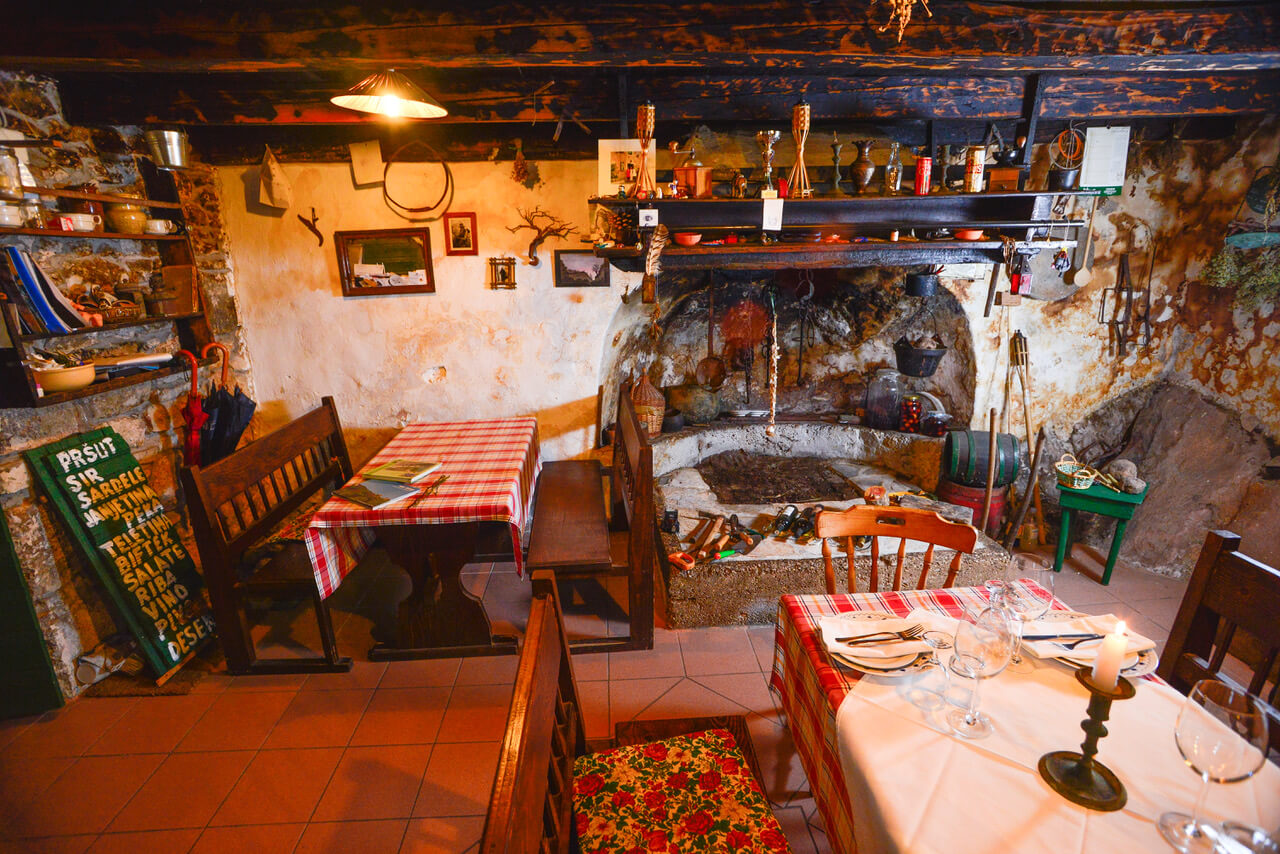HVAR WINE STORIES
By Radovan Marcic
In order to understand the gastronomy of Hvar island, one must by all means get familiar with the island’s wines. The wine tale of Hvar is intriguing, has plenty of twists and turns and is, without any doubt, very interesting to food and wine connoisseurs.
Historically, it’s intertwined with and absolutely inseparable from the food tale. Wine-growing tradition most definitely began with the Greek colonization of the island, as shown today by the archaeological evidence of the ancient wine-drinking culture. From then on, the wine tale of Hvar, especially the chapter about the past few centuries which are easier to investigate, tells us about numerous ups and downs. Wine grapes have definitely dominated the island’s agriculture from ancient times. Just like they still do.
By Aleksandar Noršic
The most noticeable local varietal is Plavac mali. Plavac mali frequently has moderate level of acidity, rich extract is significantly richer as sugar levels gather more easily. Wines from Plavac mali have seductive and very distinct flavour which makes them distinguish. They are often infused with a certain level of sweetness, especially in aftertaste, which is not to be confused with sugar residue.
Another varietal of major importance for this region is Maraština. Although this very famous white varietal has a very long historical background, today it is to be found in small quantities.
Konoba – A mythical place of the Mediterranean
The konoba is a mythical place of the Mediterranean, and thus of every Dalmatian house. Today, when we say “konoba,” we think of a hospitality establishment that exudes tradition.
Once, it was the main room in every house. It stored treasures, the fruits of all the work that a person prepared throughout the day, so that there would be enough for the entire year. If the konoba was full, a person could sleep peacefully, at least until morning, because in the morning they would have to work again.






